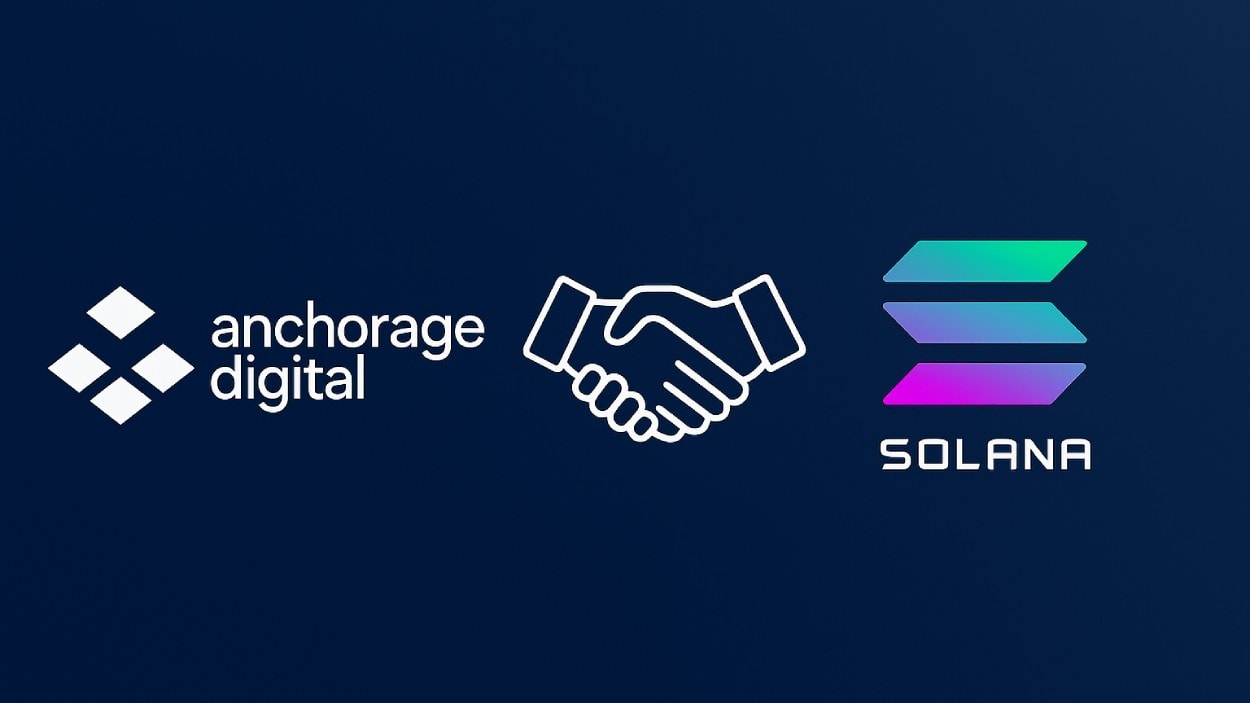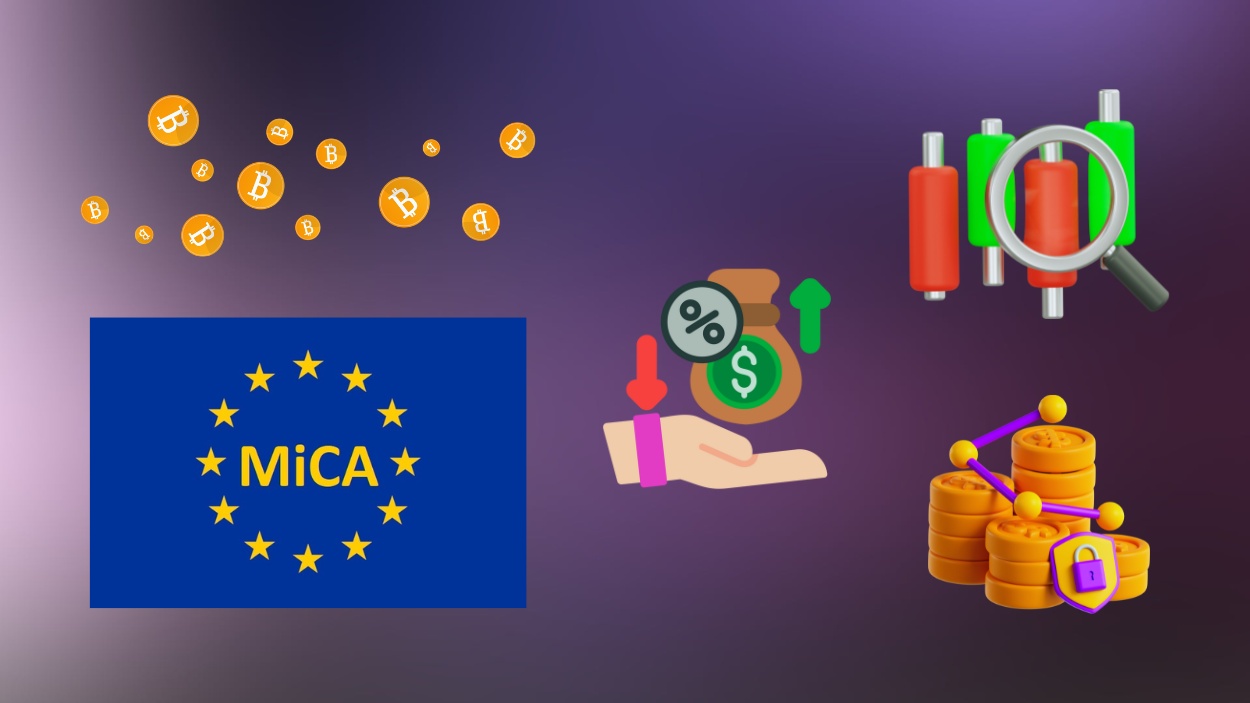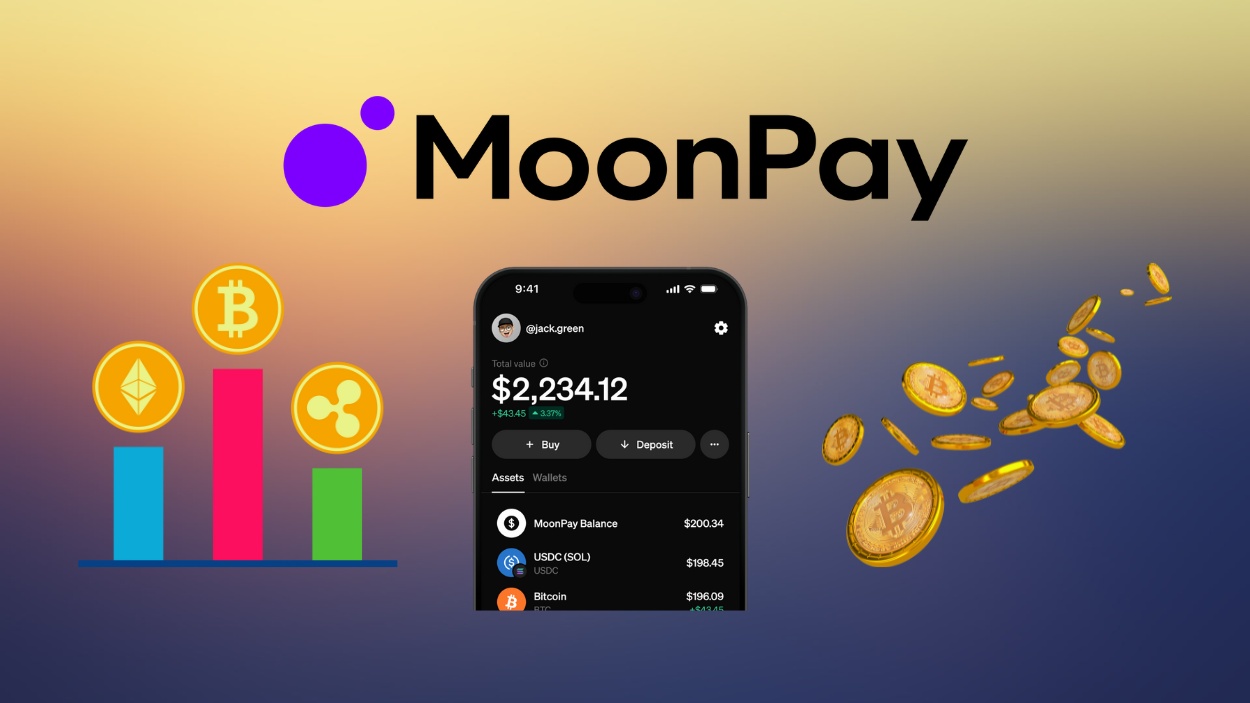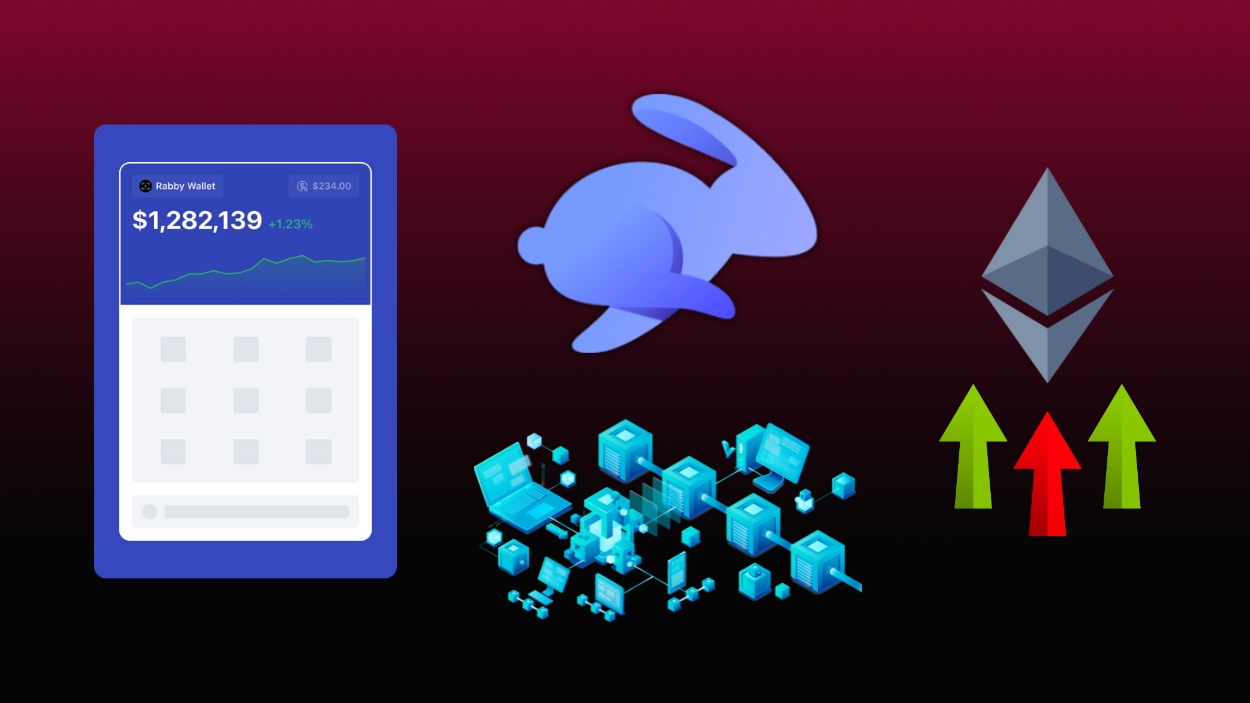Anchorage Digital has integrated Solana-based DEX aggregator Jupiter into its institutional-grade Porto wallet, aiming to simplify secure DeFi access for traditional finance clients.
Key Takeaways
- Anchorage Digital has integrated Jupiter into its Porto wallet, enabling institutional investors to directly access Solana’s DeFi ecosystem.
- The move improves Solana liquidity and trade execution while reducing reliance on third-party platforms for decentralized swaps.
- Jupiter dominates Solana’s DEX market, offering advanced features like lending, portfolio management, and token launches.
- Solana DeFi is gaining institutional traction, with nearly $1.9 billion in ETP inflows this year and ETF approvals likely on the horizon.
What Happened?
Anchorage Digital announced it has added native support for Jupiter, a major decentralized exchange and liquidity aggregator on Solana, to its Porto self-custody wallet. This development is part of Anchorage’s ongoing mission to build secure and compliant infrastructure that supports institutional involvement in decentralized finance (DeFi).
The integration will allow Anchorage clients to perform crypto-to-crypto swaps directly through Porto’s interface without needing to rely on external apps. This is expected to streamline user experience and significantly reduce trade slippage.
New! @JupiterExchange, Solana’s leading swap and liquidity aggregator, is now directly integrated with Porto, Anchorage Digital’s institutional-grade self-custody wallet. pic.twitter.com/qarCClubY0
— Anchorage Digital @ TOKEN2049 (@Anchorage) September 30, 2025
Anchorage Doubles Down on DeFi Infrastructure
Anchorage Digital, a federally chartered crypto bank, continues to expand its footprint in institutional DeFi by rolling out foundational tools that meet strict compliance and security standards. By integrating Jupiter directly into Porto, Anchorage is helping institutions overcome common challenges tied to decentralized applications, including third-party risk and operational complexity.
Nathan McCauley, CEO and co-founder of Anchorage, stated:
This partnership comes at a time when institutional appetite for Solana-based investments is on the rise. Data from CoinShares shows that Solana exchange-traded products (ETPs) attracted nearly $300 million in inflows just last week, and nearly $1.9 billion year-to-date, trailing only Bitcoin and Ethereum. Analysts expect that Solana ETFs from firms like Fidelity, VanEck, and Franklin Templeton may soon launch, pending U.S. SEC approvals.
Jupiter’s Expanding DeFi Ecosystem
Jupiter is a leading decentralized liquidity aggregator in the Solana ecosystem. Beyond swaps, the platform provides features like lending, perpetuals, mobile trading, and portfolio management. Jupiter Lend, recently launched in public beta, offers high loan-to-value ratios, low liquidation penalties, and competitive APYs for institutional and retail users alike.
Kash Dhanda, COO of Jupiter, emphasized the strategic importance of this partnership:
According to DeFiLlama, Solana protocols currently hold over $29 billion in total value locked (TVL), with Jupiter alone contributing more than $3.86 billion to that figure. These numbers reflect the growing appeal of Solana’s network performance, low fees, and robust ecosystem, especially as institutions look for scalable DeFi solutions.
Regulatory and Strategic Momentum for Anchorage
Anchorage has been on a positive trajectory throughout the year. In August, the U.S. Office of the Comptroller of the Currency lifted a cease-and-desist order against the bank, citing improved operational soundness. Just one month earlier, Anchorage had partnered with Ethena Labs to support the $1.8 billion USDtb stablecoin using its platform.
The company also secured a BitLicense in New York in December, granting it the ability to serve institutions in one of the world’s key financial centers. The Porto wallet, introduced in early 2024, continues to evolve as Anchorage adds new tools tailored to institutional crypto adoption.
CoinLaw’s Takeaway
In my experience, moves like this are exactly what institutional crypto needs to go mainstream. Integrating Jupiter with Porto isn’t just about smoother token swaps. It’s about legitimizing Solana’s DeFi ecosystem in the eyes of hedge funds, asset managers, and even banks that are cautious about decentralized systems. When a regulated player like Anchorage makes Solana more accessible, it sends a strong signal that DeFi is no longer just a playground for crypto natives. It’s serious financial infrastructure in the making.



































